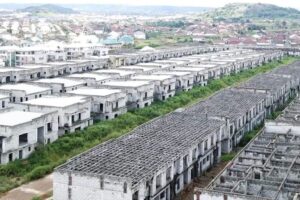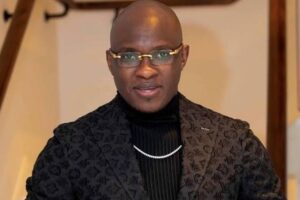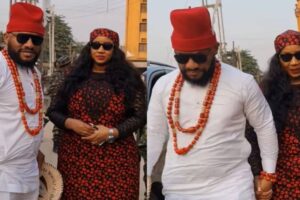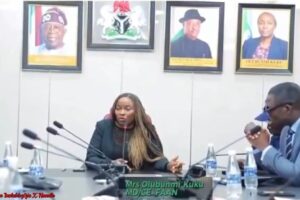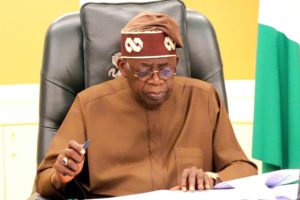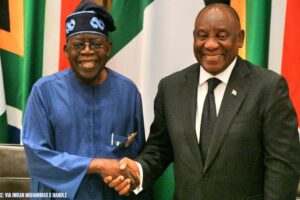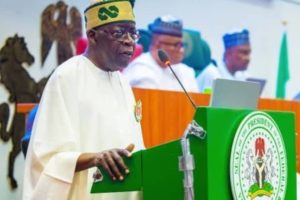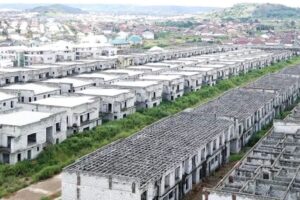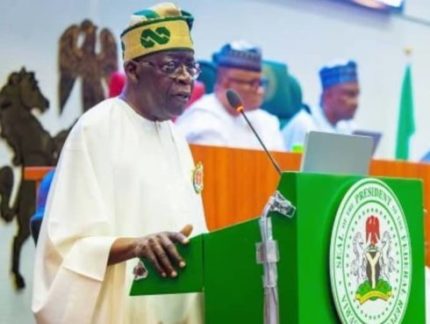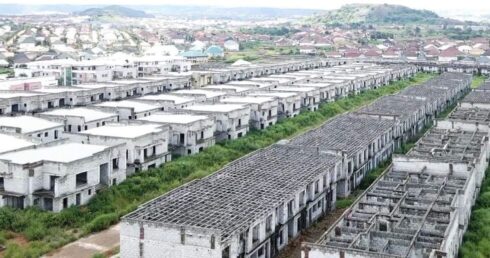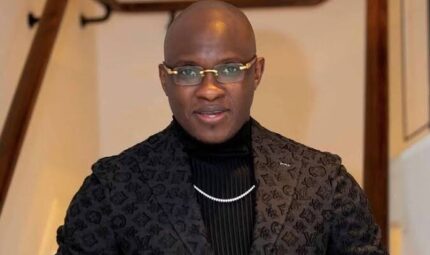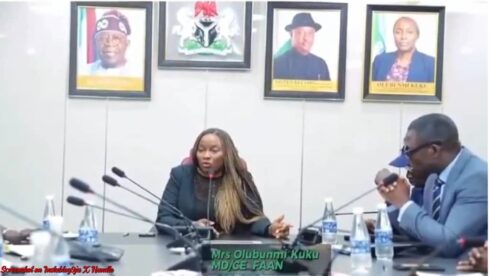The ongoing debate over the proposed tax reform bills by President Bola Tinubu’s administration of Nigeria has sparked controversy, with the Peoples Democratic Party (PDP), Labour Party, and regional lawmakers voicing concerns. Amid the polarized responses, the Presidency has defended the reforms as essential for overhauling Nigeria’s tax system.
PDP Calls for Broader Consultation
The PDP’s Deputy National Publicity Secretary, Ibrahim Abdullahi, and Deputy National Youth Leader, Timothy Osadolor, have raised questions about the government’s urgency in passing the tax bills. Abdullahi emphasized the need for stakeholder engagement, warning against neglecting the collective interests of Nigerians.
He stated, “Nigerian government must recognize the significant implications of these bills. Nigerians have been grappling with harsh economic policies, and introducing sweeping tax reforms without broader input raises doubts about the sincerity of the process.” Abdullahi suggested that greater consultation with state governors and civil society would mitigate public apprehension.
Similarly, Osadolor acknowledged the importance of tax reform but criticized the lack of transparency and inclusivity. “Democracy thrives on participation. Rushing such significant reforms without robust public hearings and dialogue undermines public trust,” he argued, advocating for a more deliberate and inclusive approach to the reforms.
Labour Party and Northern Lawmakers Voice Concerns
Labour Party leaders, including 2023 presidential candidate Peter Obi, have called for transparency in the reform process. Obi emphasized that public hearings and extensive consultations are critical to fostering inclusivity and trust. “Reforms of this magnitude require deliberation and input from all regions to avoid unnecessary conflicts,” he wrote on his social media platform.
The party’s National Secretary, Umar Farouk, joined Nigeria northern lawmakers in opposing the bills, arguing that they disproportionately affect less developed regions. “If Nigeria is one, let equity guide our tax policies. The North contributes consumption, and it deserves fair treatment,” Farouk stated.
Some northern lawmakers also criticized the reforms, citing potential economic harm to the region. A legislator from the North-East remarked, “Our governors have highlighted the challenges. Years of insurgency have weakened our economy, and introducing these bills without proper review could exacerbate existing inequalities.”
Nigeria Southern Lawmakers and Senate Support
While northern lawmakers have expressed resistance, some southern legislators, such as Lagos State’s Babajimi Benson, believe a compromise can be reached. Benson suggested ongoing negotiations with northern counterparts, stating, “We will find a mutually beneficial resolution in due time.”
Bayelsa Senator Seriake Dickson backed the bills, emphasizing the need to correct existing tax anomalies. “Public hearings are an opportunity for stakeholders to address their concerns constructively. These bills aim to ensure that states receive taxes derived from their consumption, promoting fairness,” he explained.
Other lawmakers, including Senator Orji Kalu, welcomed the reforms but faulted the Federal Government for insufficient consultation with bodies like the Nigeria Governors Forum. “The lack of engagement with key stakeholders is a misstep,” Kalu remarked during an interview.
Presidency Defends the Nigeria Tax Reforms
Amid mounting opposition, the Presidency has maintained that the tax reforms are crucial for modernizing Nigeria’s fiscal framework. The proposed bills include measures to consolidate existing tax laws, establish new administrative frameworks, and create bodies like the Tax Appeal Tribunal.
Presidential spokespersons have denied claims that the reforms favor specific regions. “The bills are designed to strengthen the nation’s revenue system, not to enrich any state at the expense of others,” a statement read. The Presidency also reassured citizens that consultations with lawmakers and stakeholders would continue to ensure that the reforms benefit all Nigerians equitably.
With public hearings scheduled, stakeholders hope that the government will address their concerns and foster a more inclusive policymaking process
Table of Contents
Discover more from OGM News NG
Subscribe to get the latest posts sent to your email.

